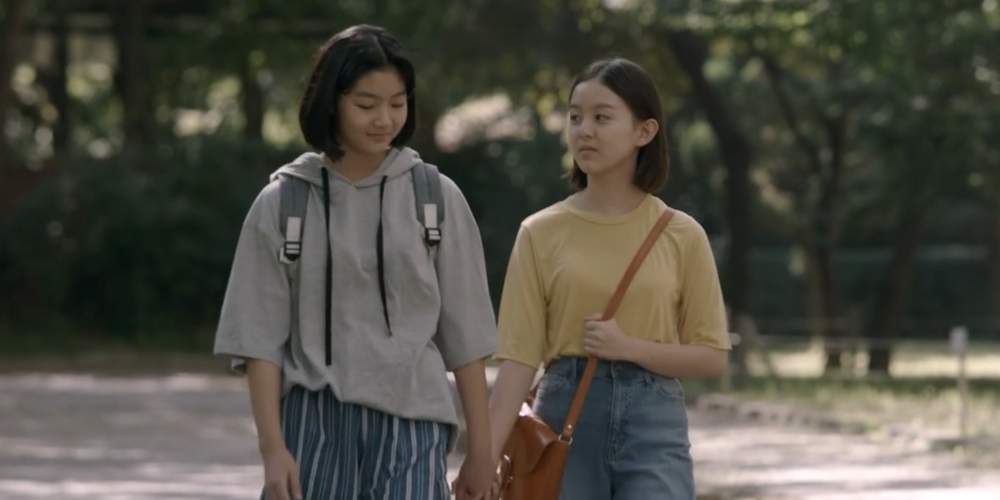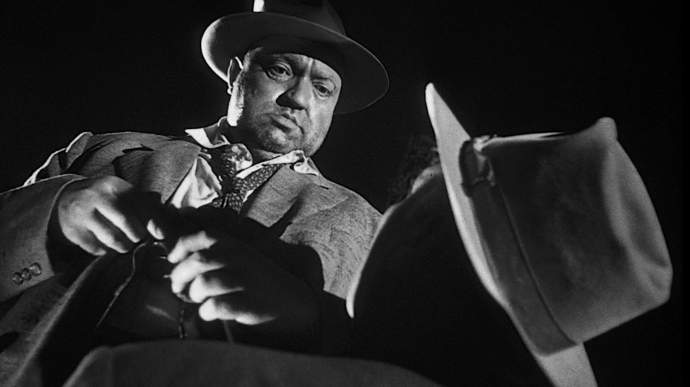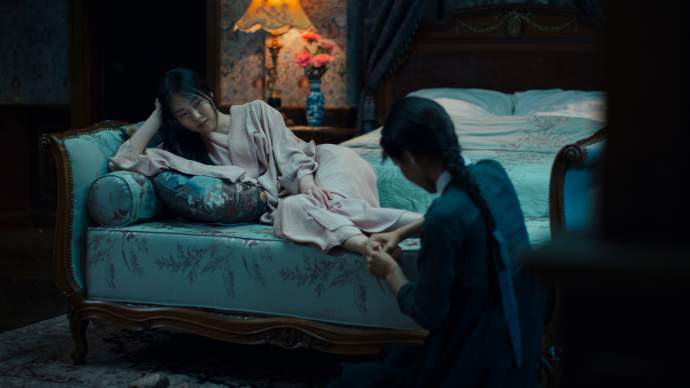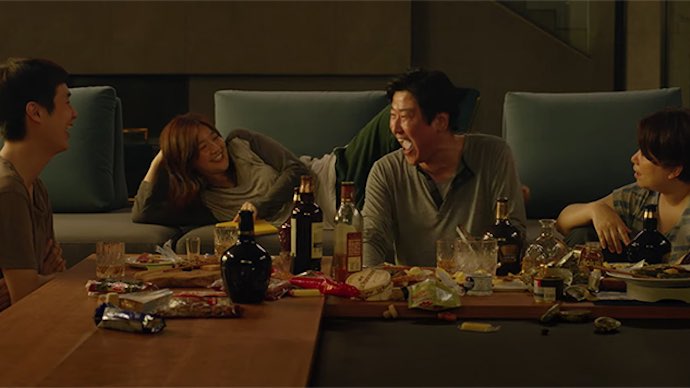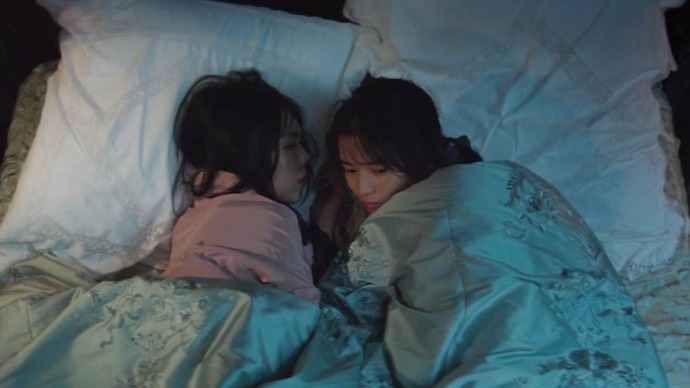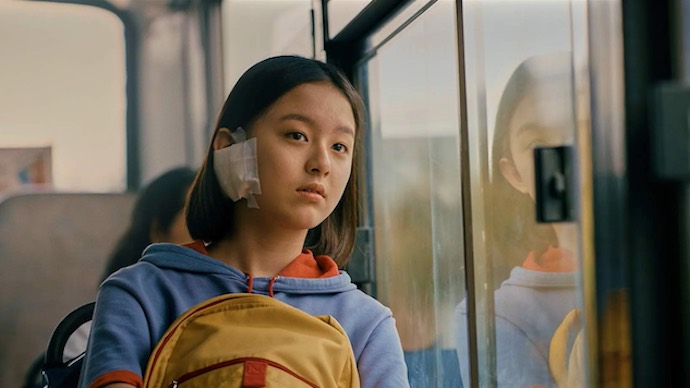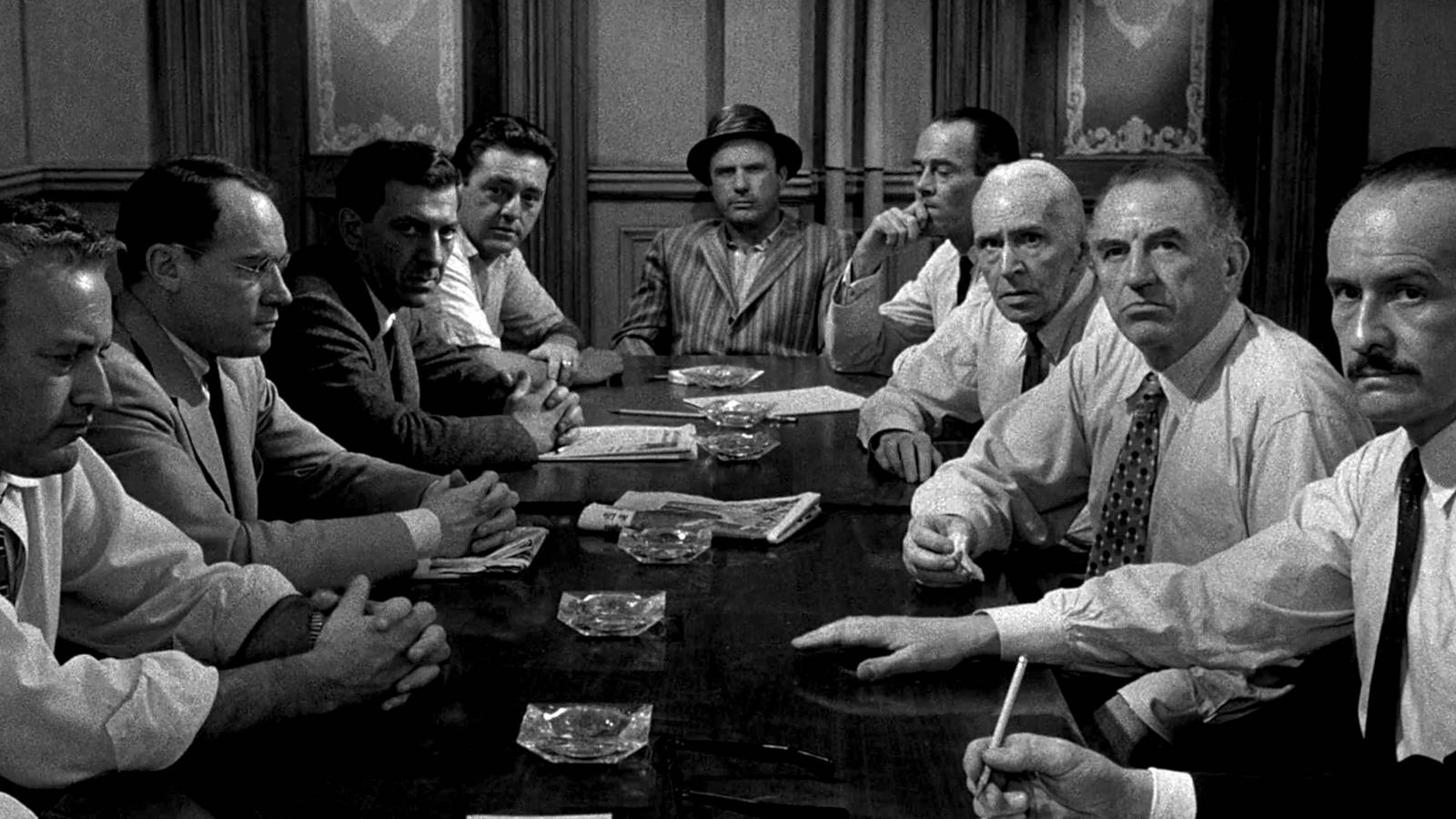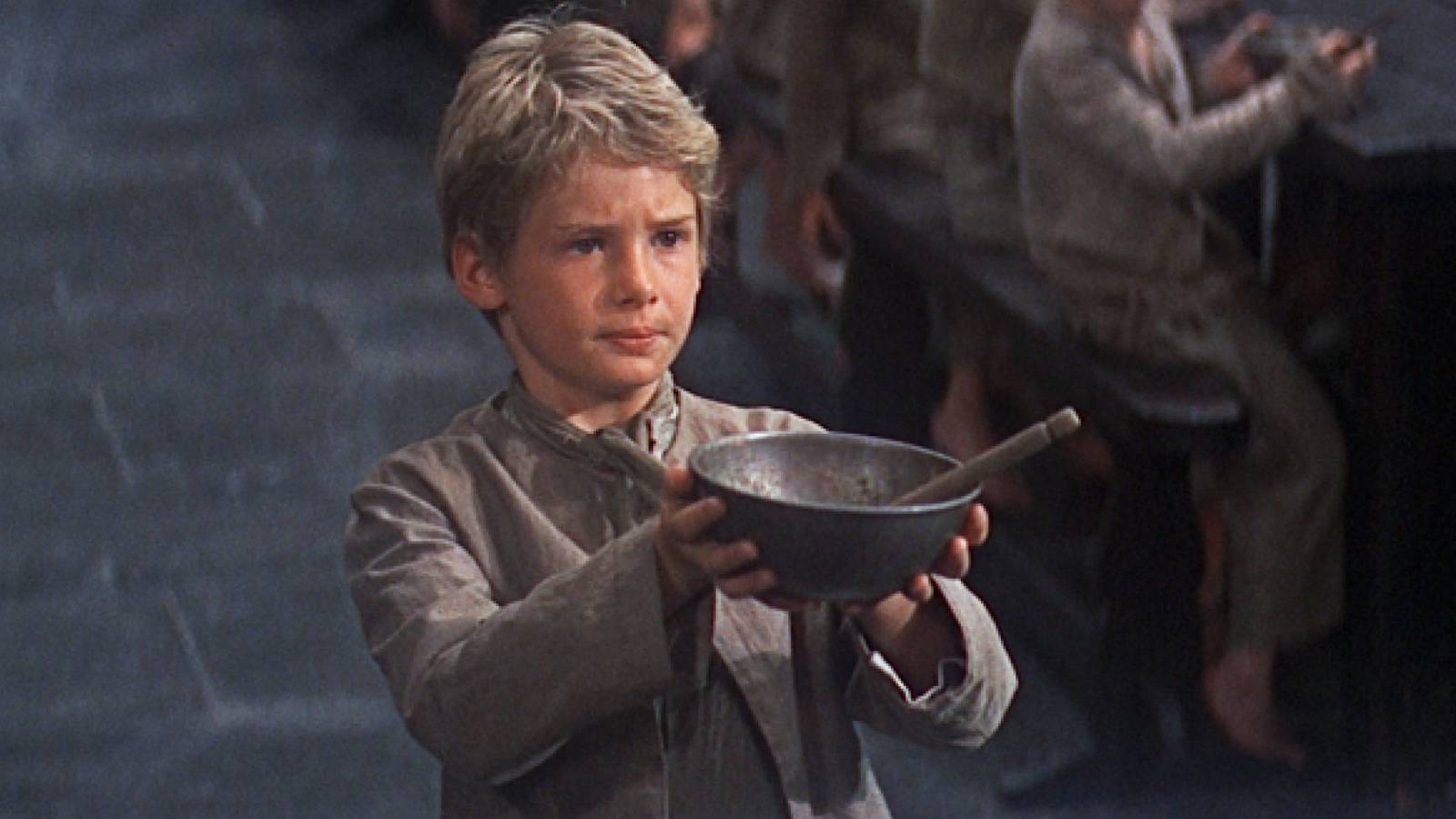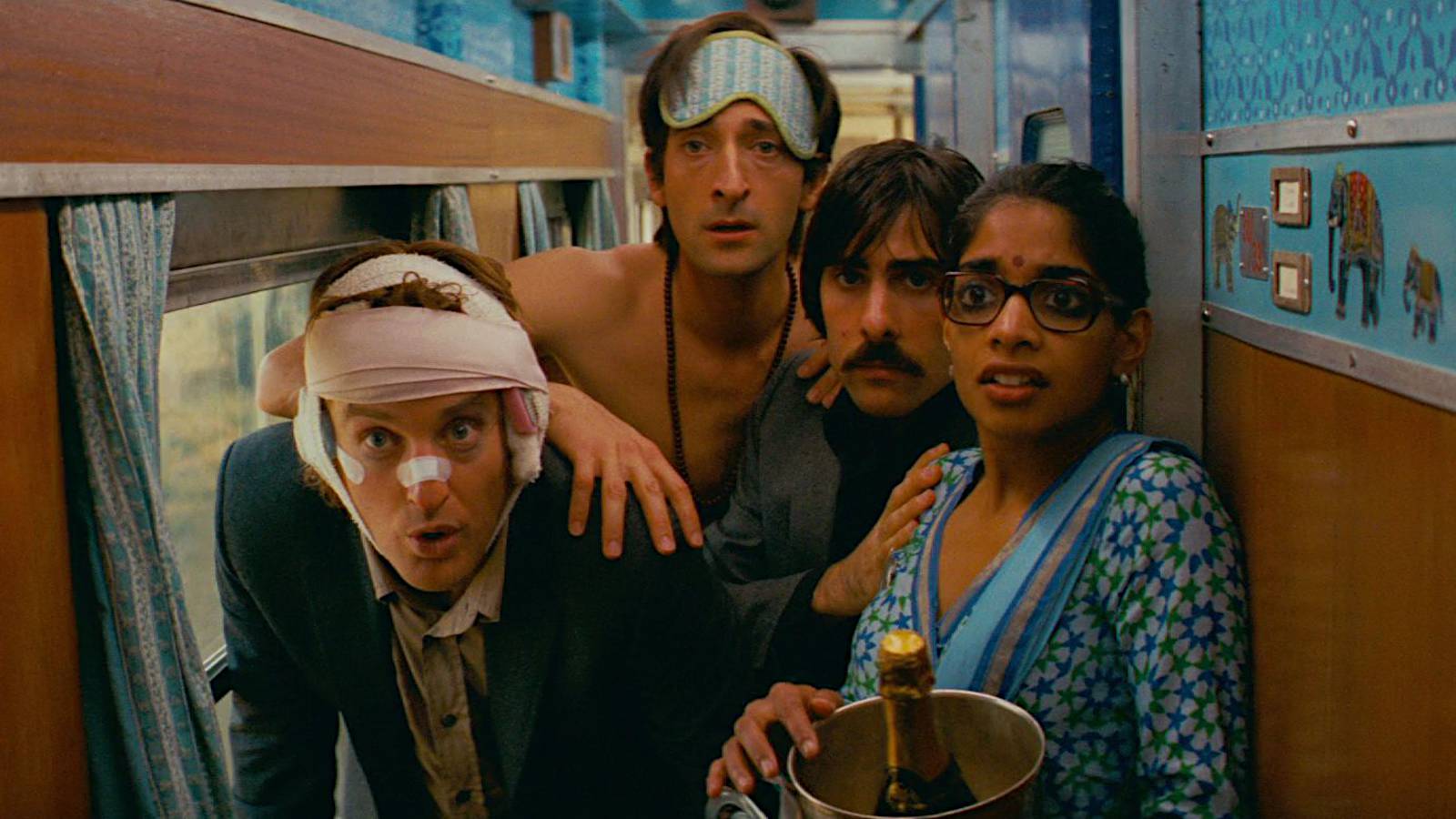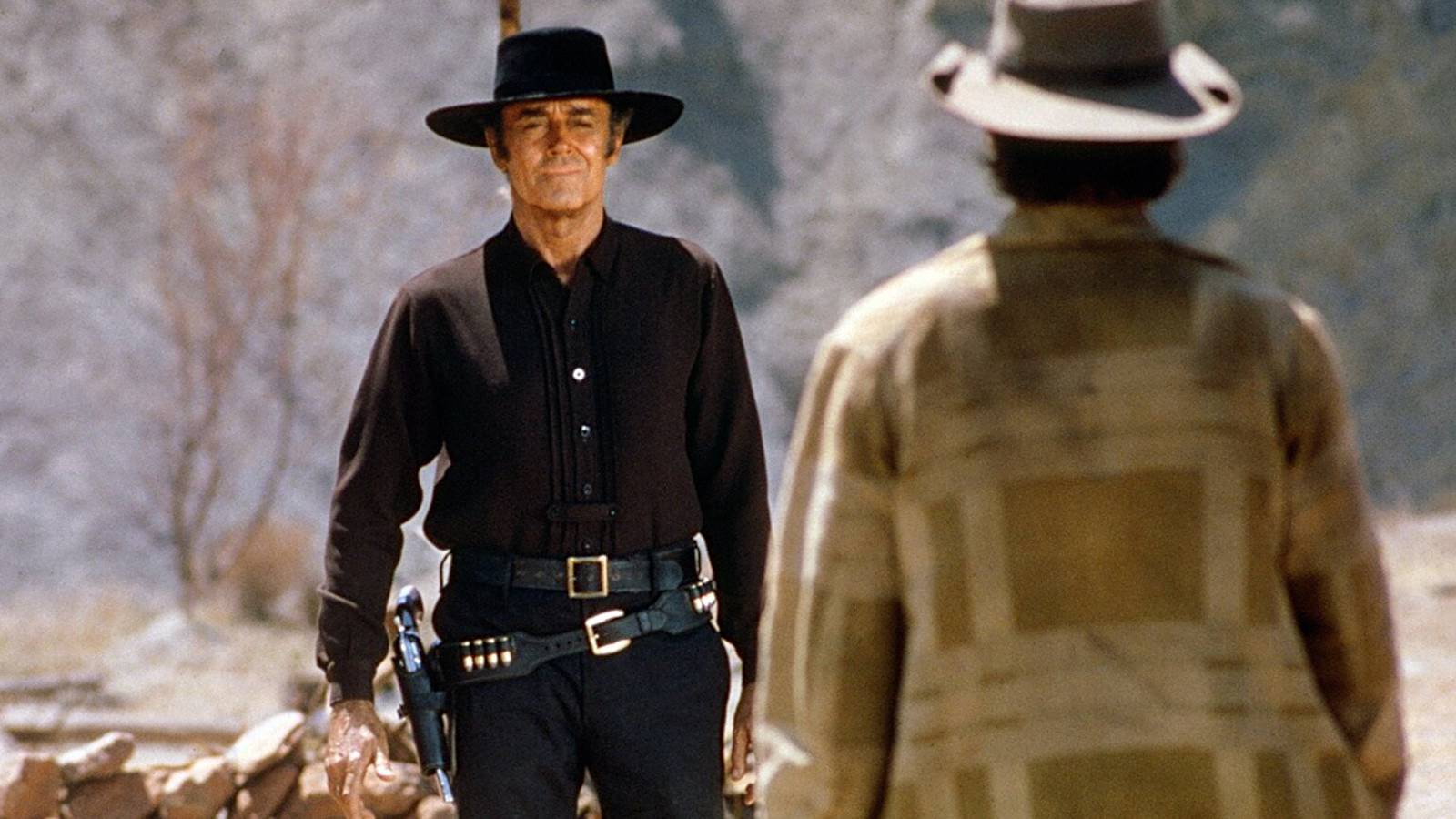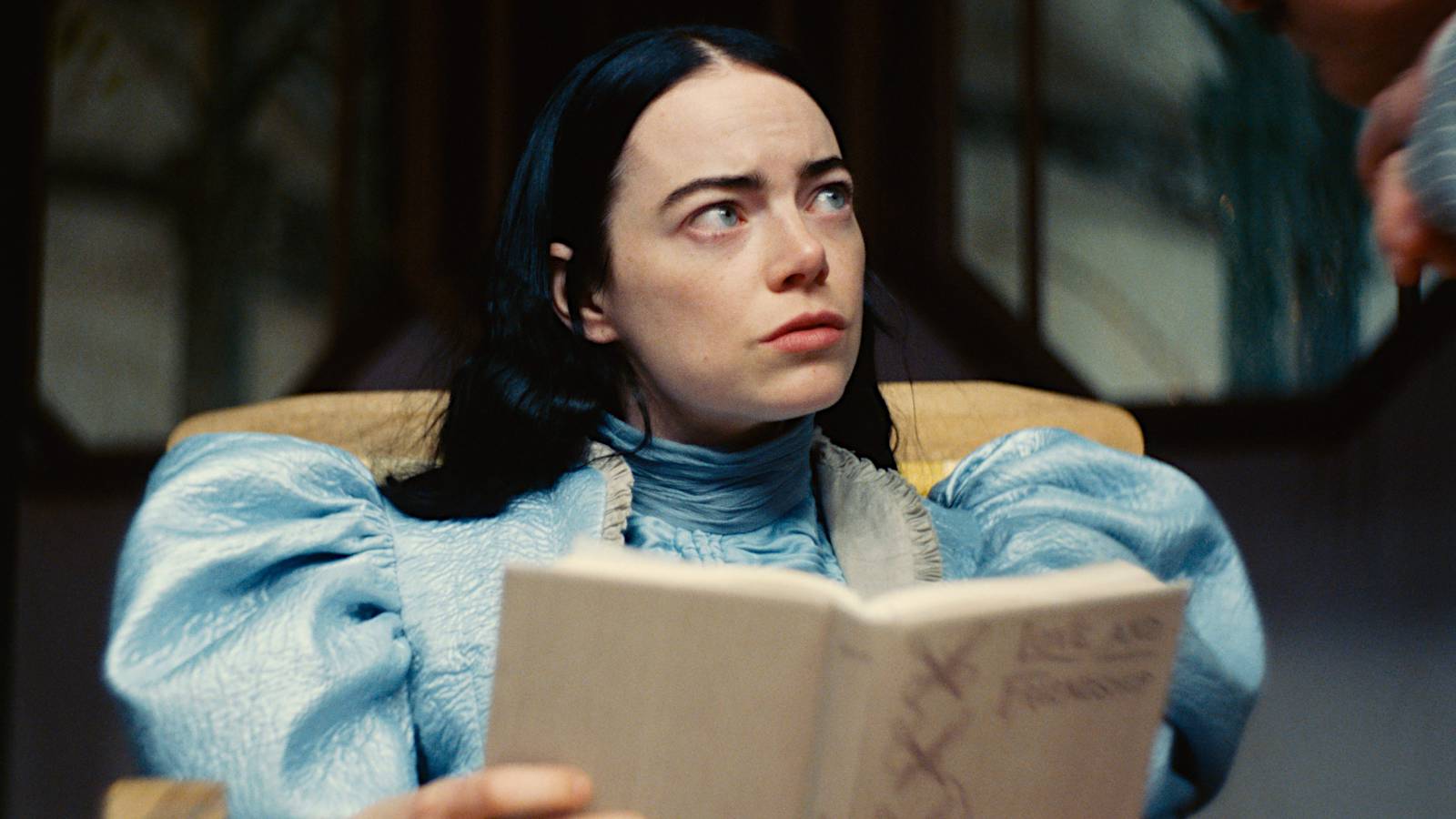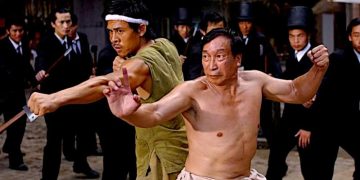1.Parasite(2019)
Director: Bong Joon-ho
If any single South Korean filmmaker carries the torch for the emergence of South Korean cinema, it’s Bong Joon-ho.
His films have captured both Western and South Korean audiences, withOkjaandSnowpiercerbeing examples of his more notable works in the West. However, it’s Bong Joon-ho’s filmParasitethatreally turned heads and showed what South Korean film has on offer as a whole.
Parasitehas a genuine claim to the title of “best film of the 21st century so far” with it becoming the first foreign-language movie to win Best Picture at the Academy Awards in 2020.
Looking back at the movie now, it feels like Bong Joon-ho had been building up to it his entire career: first by establishing a reputation in the West, then by returning to his roots and producing a bonafide cinematic masterpiece that got the entire world talking and thinking.
Related:The best movies about poverty and homelessness
2.The Handmaiden(2016)
Director: Park Chan-wook
Park Chan-wook’s masterful psychological thrillerOldboyis one of the earliest examples of South Korean cinema gaining an outlet to the rest of the world, as the remarkable movie caught on with Western audiences.
The film met with critical acclaim when it released in 2003, with many becoming engrossed in the mystery of Oh Dae-su’s imprisonment and the suspense of his subsequent release.
Oldboyrepresents the start of a spark, the exciting moment when kindling catches fire for the first time. Park Chan-wook’s film is the 21st-century starting point for South Korea’s cinematic popularity and its auteur-driven stories that traverse cultural gaps.
And then, when Park Chan-wook releasedThe Handmaidenin 2016, his reputation was solidified as he proved that he wasn’t just a one-trick pony. This film also captured the same kind of global interest.
In this twisting tale of a manipulative high-born lady, a scheming maid, and a controlling con artist,The Handmaidenshows a filmmaker who has fully developed into a person at the peak of their powers, with an iron-clad grasp on what needs to come across the screen.
OnlyParasitecan compete with the popularity ofThe Handmaidenin terms of South Korean cinematic export, as both films were unanimously praised and celebrated worldwide. But they’re very different films, and they illustrate the kind of freedom in ambition that South Korean cinema has now come to represent for filmmakers.
While Western cinema is now dominated by big budgets for famous IP-driven movies, South Korean ideals have given total freedom to their filmmakers—and showcase the abilities of those who break out of it.
3.House of Hummingbird(2018)
Director: Kim Bora
While the previously mentioned films and filmmakers drove change in both global and Western cinema’s notice of South Korean pictures, Kim Bora’sHouse of Hummingbirddoesn’t fall within the same purview.
House of Hummingbirdis the tale of a young high school girl named Eun-hee and her 1994 experience of being sent to a cram school by her parents due to her poor grades. It’s a smaller and more intimate kind of film—more delicate, more tactile, yet wholly without restraint.
Eun-hee is not wealthy. She isn’t a good student. And she suffers abuse from her older brother, who’s favored by her parents due to his gender. The film unravels to show what life is to a girl in that position, which is something that millions of South Koreans alone can understand.
What makes Eun-hee’s tale so evocative are her inner feelings and thoughts, which are always on display to the audience through her wonderful drawings. They drive her forward, with the people around her learning their own paths, too.
All of it gives the film a tone that makes us remember the confusion and delicate balance to life that we all needed to strike as we grew up. Kim Bora based much of the film upon herself, a quality that makes the picture a wholly realized experience that’s entirely engrossing.
Read next:The best Korean drama actresses



![]()
